The Nicosia Regional Tourism Board (Etap) this week announced that the EduTourism initiative, which aimed at boosting educational tourism to amplify appreciation for cultural and natural heritage, concluded in November of this year.
Launched back in June 2021, the project was a joint endeavour, involving various stakeholders from Greece and Cyprus, including the active participation of Etap Nicosia.
The project, known as “EduTourism,” had a total budget of €1.71 million. It was co-financed by the European Regional Development Fund (ERDF), combined with national funds from Greece and Cyprus.
Moreover, the board noted that the project was carried out within the framework of the Interreg V-A Greece-Cyprus 2014-2020 Cross-Border Cooperation Programme.
The primary objective of EduTourism was to advance cultural and natural heritage by creating a comprehensive educational tourism product.
In addition, it aimed to amplify the cultural profile and natural heritage of both destinations while striving for specific educational outcomes.
The Nicosia tourism board explained that numerous accomplishments have been attained, ultimately contributing toward the collaborative development between Greece and Cyprus.
Among the key achievements of the project was the introduction of thematic routes. In this regard, the board explained that extensive research facilitated the development of thematic tourism routes in Crete, Larnaca, and Nicosia.
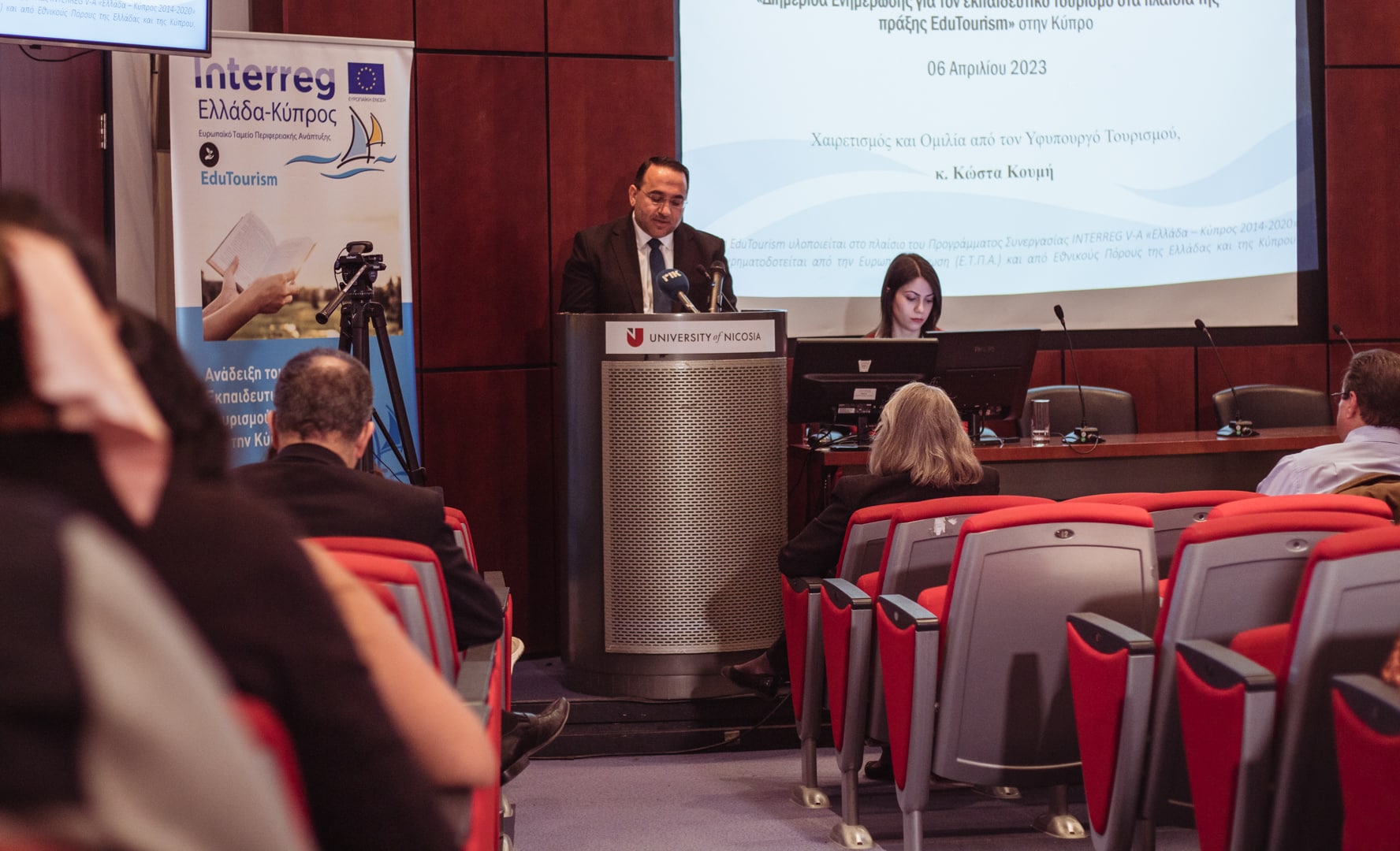
Deputy Minister of Tourism Kostas Koumis at a press conference about the EduTourism project
Additionally, cross-border routes between Greece and Cyprus were formulated, highlighting significant destinations along these thematic routes.
For instance, Nicosia showcased three thematic routes focusing on gastronomy and wine tourism, heritage, environmental and religious Heritage, as well as culture-oriented themes, providing valuable insights into each destination. The board also noted that information regarding these routes is accessible through the project’s website.
Elsewhere, the project facilitated the implementation of an educational tourism digital platform, where educational materials were crafted to train educators, professors, and tourism professionals.
These materials were integrated into a digital educational tourism platform, facilitating asynchronous learning for interested parties keen on exploring educational tourism and its thematic units.
Access to the educational material and online courses is available through a dedicated link provided upon request via email.
What is more, the project conducted online and offline training sessions for educators, professors, and tourism professionals concerning the developed educational material. The board noted that these sessions included on-site visits to points of interest in both Greece and Cyprus.
Beyond the aforementioned milestones, various other activities were carried out, including informative materials such as newsletters, videos, articles, partner meetings, and events in Greece and Cyprus. Again, the board noted that all related materials are accessible through the project’s website.
“With the project’s completion, we wish to express our gratitude to all supporters and contributors,” Etap said in a statement.
“The project’s outcomes are expected to benefit more interested individuals in Greece and Cyprus, aiding in the discovery and understanding of the advantages of educational tourism,” the board concluded.
According to Future Market Insights (FMI), Europe’s educational tourism market witnessed sales revenue of US$ 92.1 billion in 2022, projecting a 15 per cent compound annual growth rate (CAGR) from 2023 to 2033.
Moreover, anticipated growth will see the market reach US$ 436.5 billion by 2033. The market’s growth is fueled by increased educational travel, driven by factors like rising consumer spending on education, collaborations between academic institutions and tourism stakeholders, and heightened interest in foreign higher education.
Additional factors contributing to the growth of education tourism include social media-driven promotional campaigns, a shift to online learning during and after the Covid-19 pandemic, and the introduction of advanced teaching aids and scholarships.
“Educational tourism enables tourists to learn about new things and acquire new knowledge about the history or culture of other destinations,” the company explained, noting that “as a result, educational travel is gaining wider popularity, especially across European countries”.

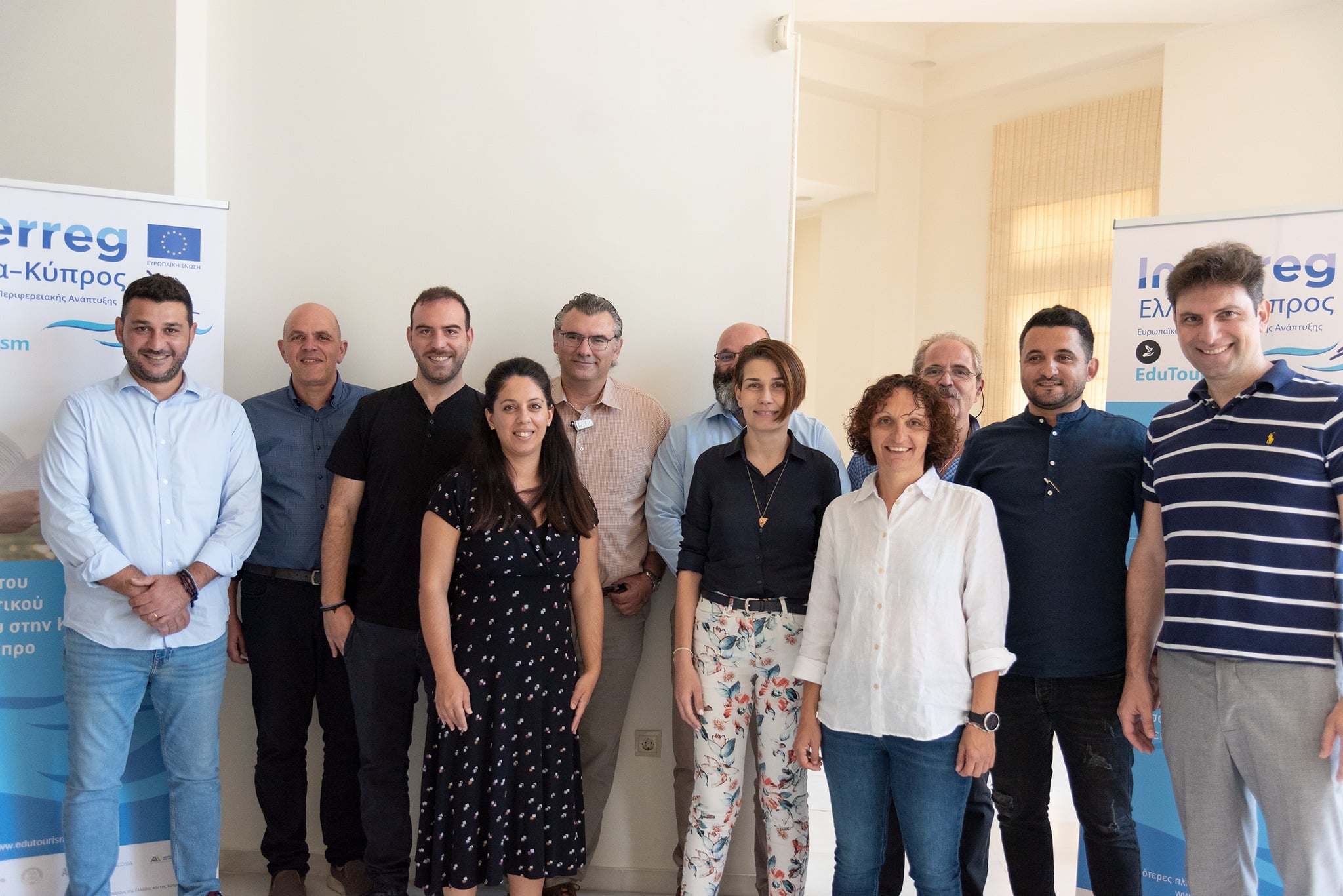

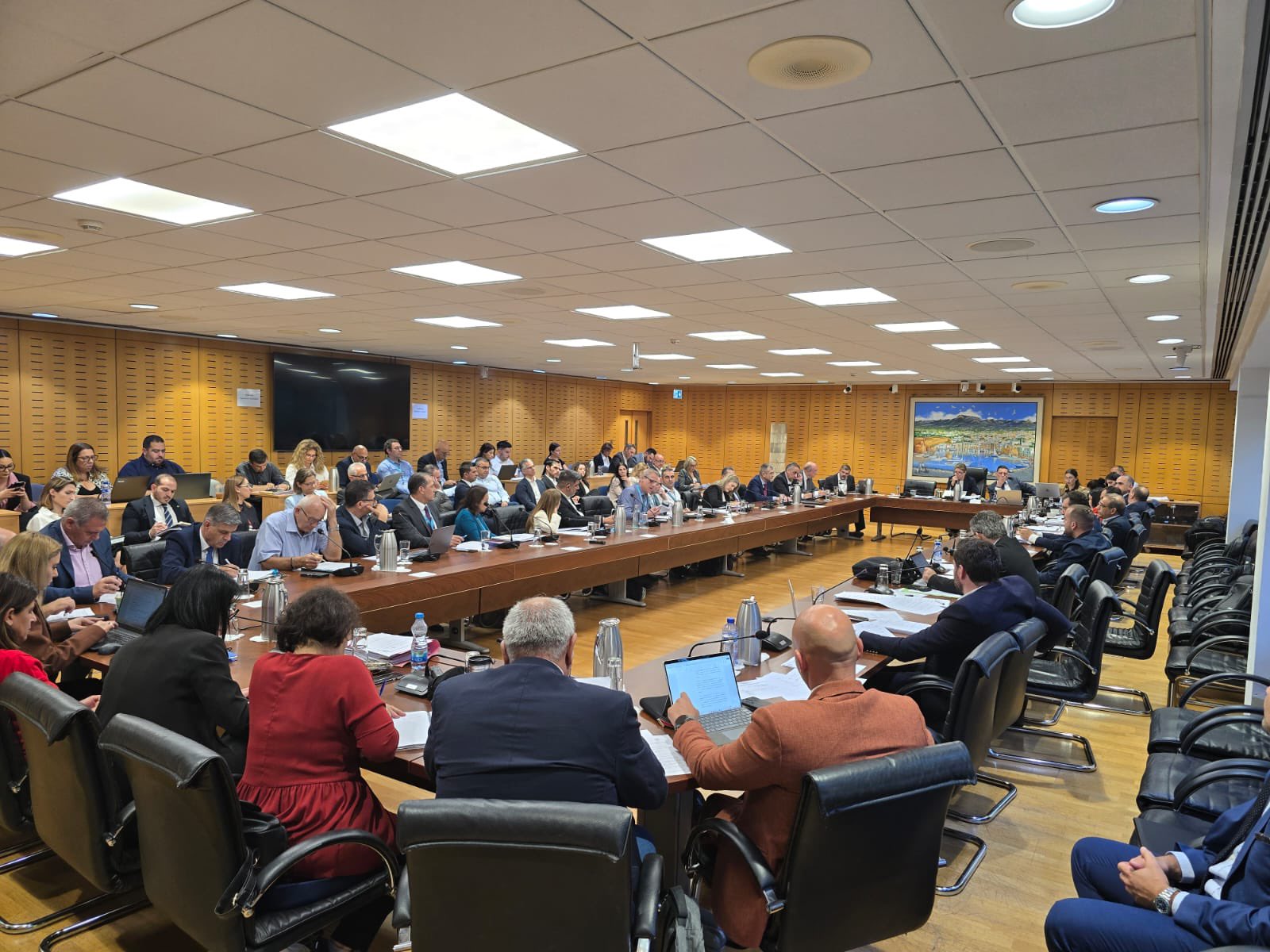
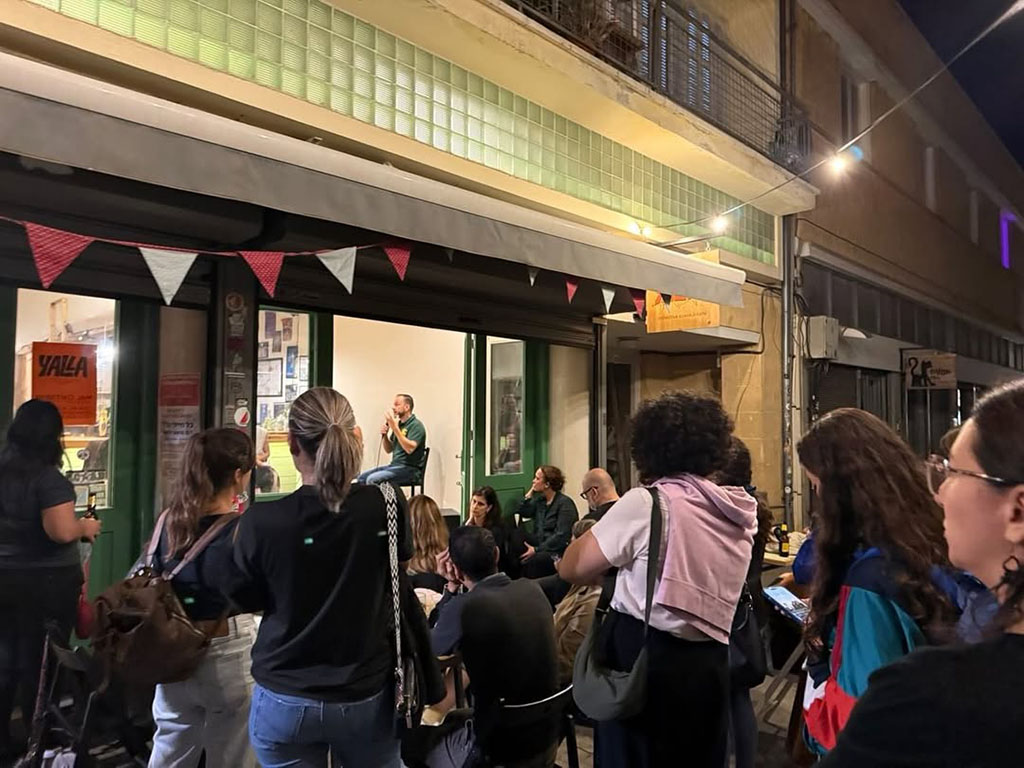

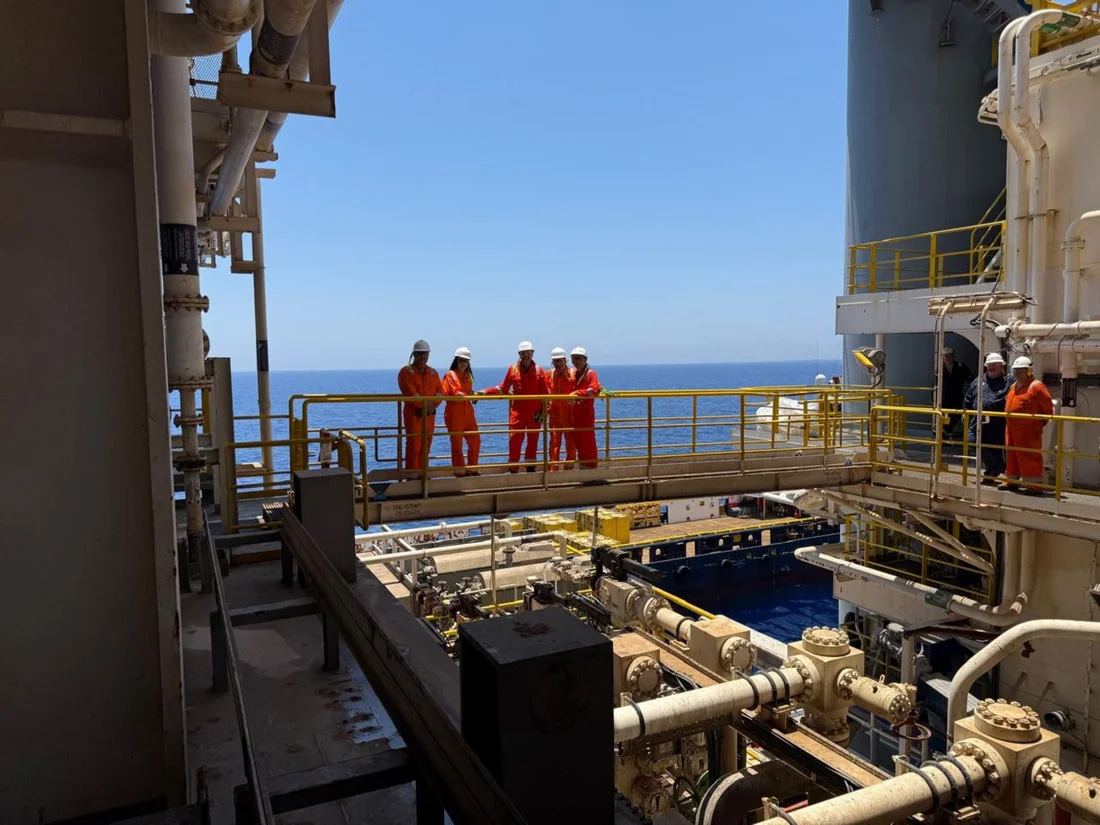
Click here to change your cookie preferences